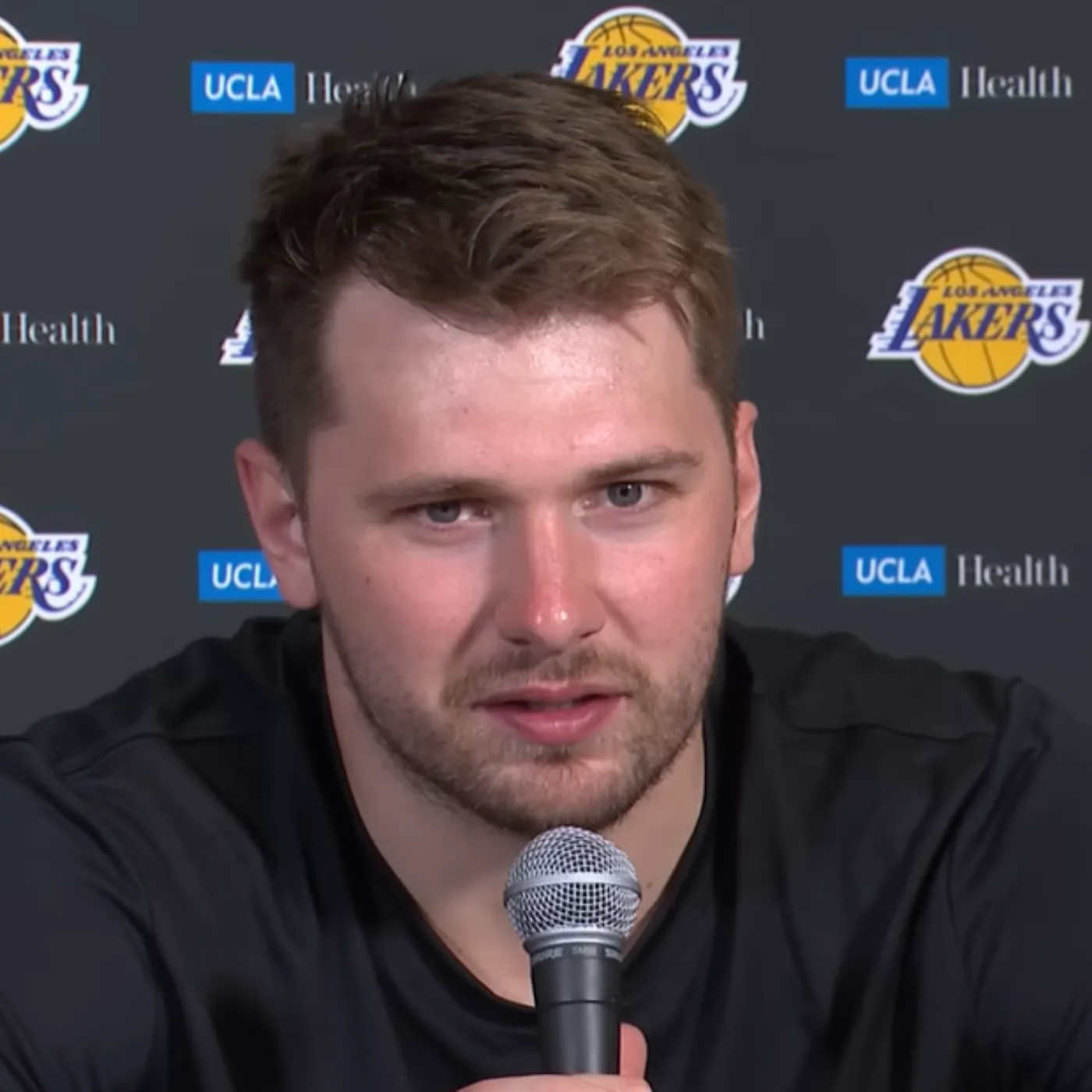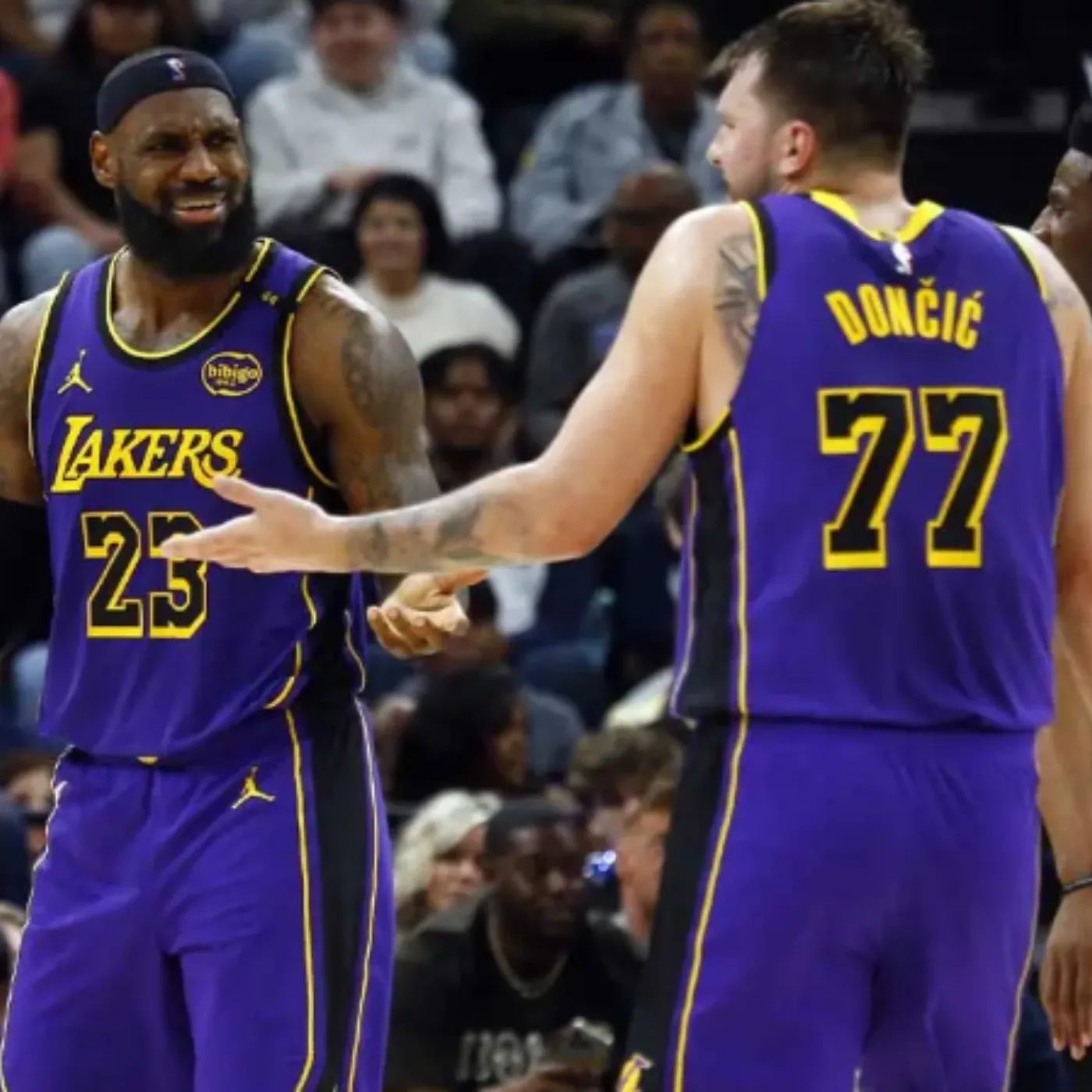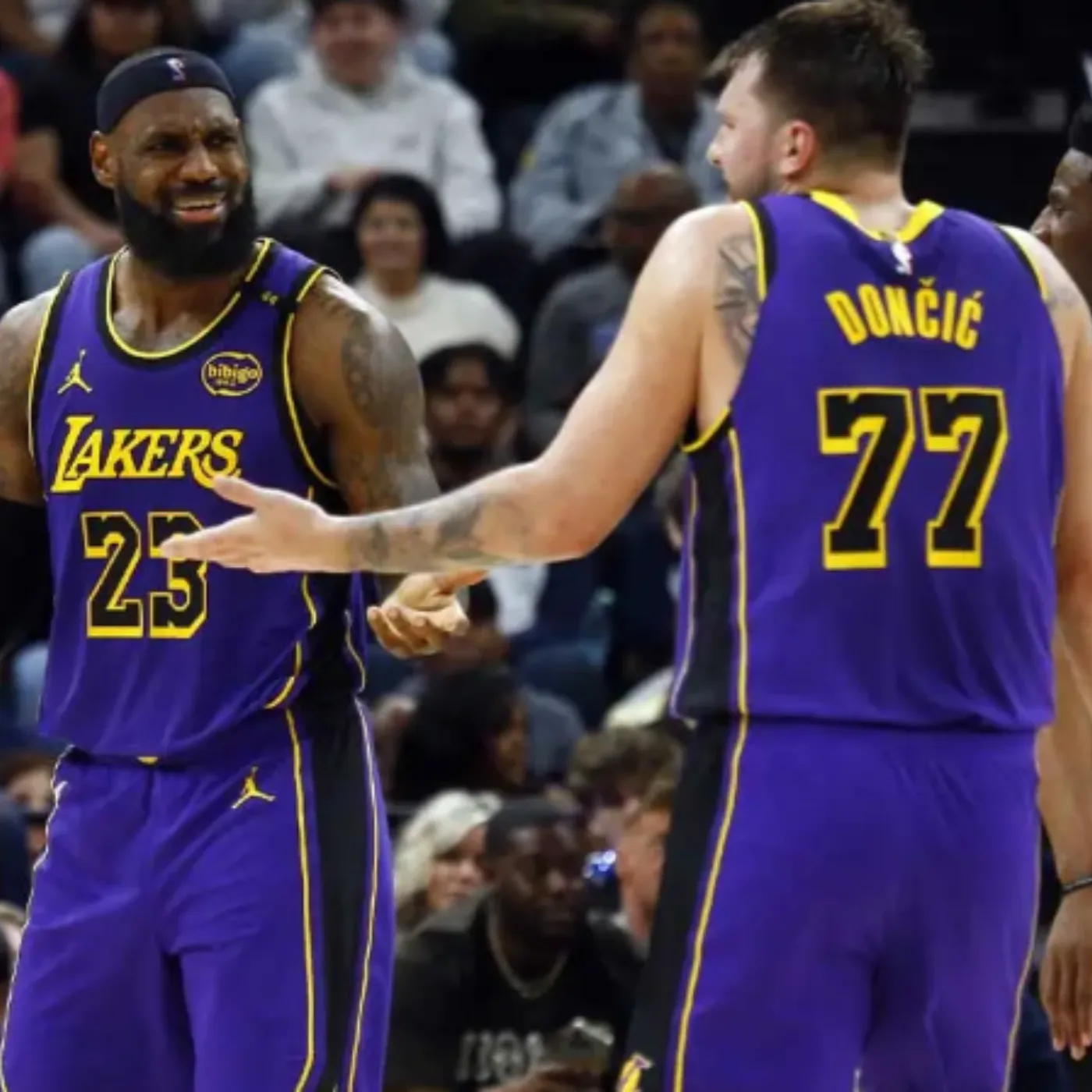
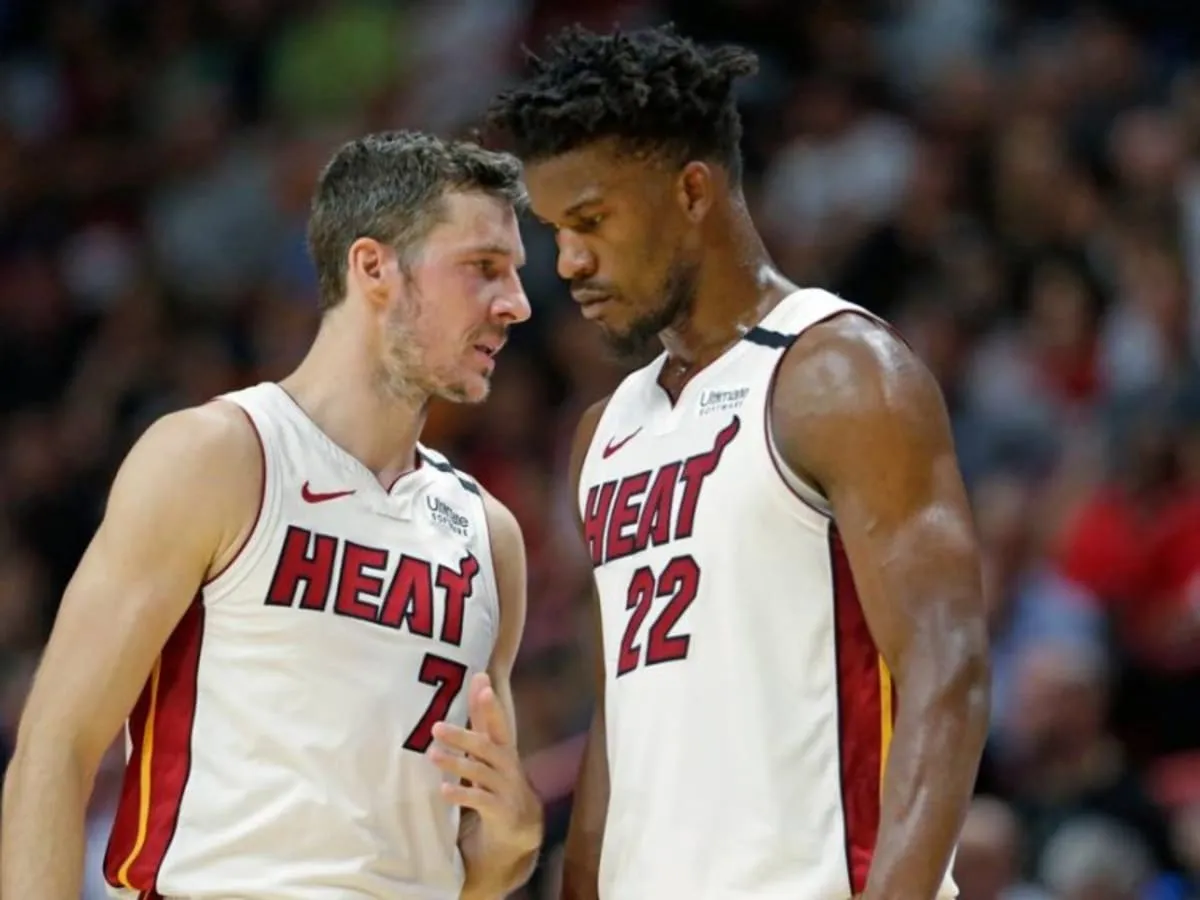
Jimmy Butler Shined on the Court – But Goran Dragic Claims He Left Chaos for the Miami Heat!
For Miami Heat fans, Jimmy Butler’s tenure was nothing short of a rollercoaster. A six-time All-Star, Butler brought elite talent, relentless competitiveness, and unforgettable playoff moments, but also a level of locker room tension that often overshadowed his on-court brilliance. Recently, former Heat teammate Goran Dragic opened up about just how disruptive Butler’s presence could be, offering a rare insider perspective on a period that divided fans and players alike.
The Dual Nature of Jimmy Butler
Jimmy Butler has built a reputation as one of the NBA’s most intense and driven players. From his early years with the Chicago Bulls to stints with the Minnesota Timberwolves, Philadelphia 76ers, and Miami Heat, Butler consistently demonstrated an ability to elevate teams to the playoffs and beyond.
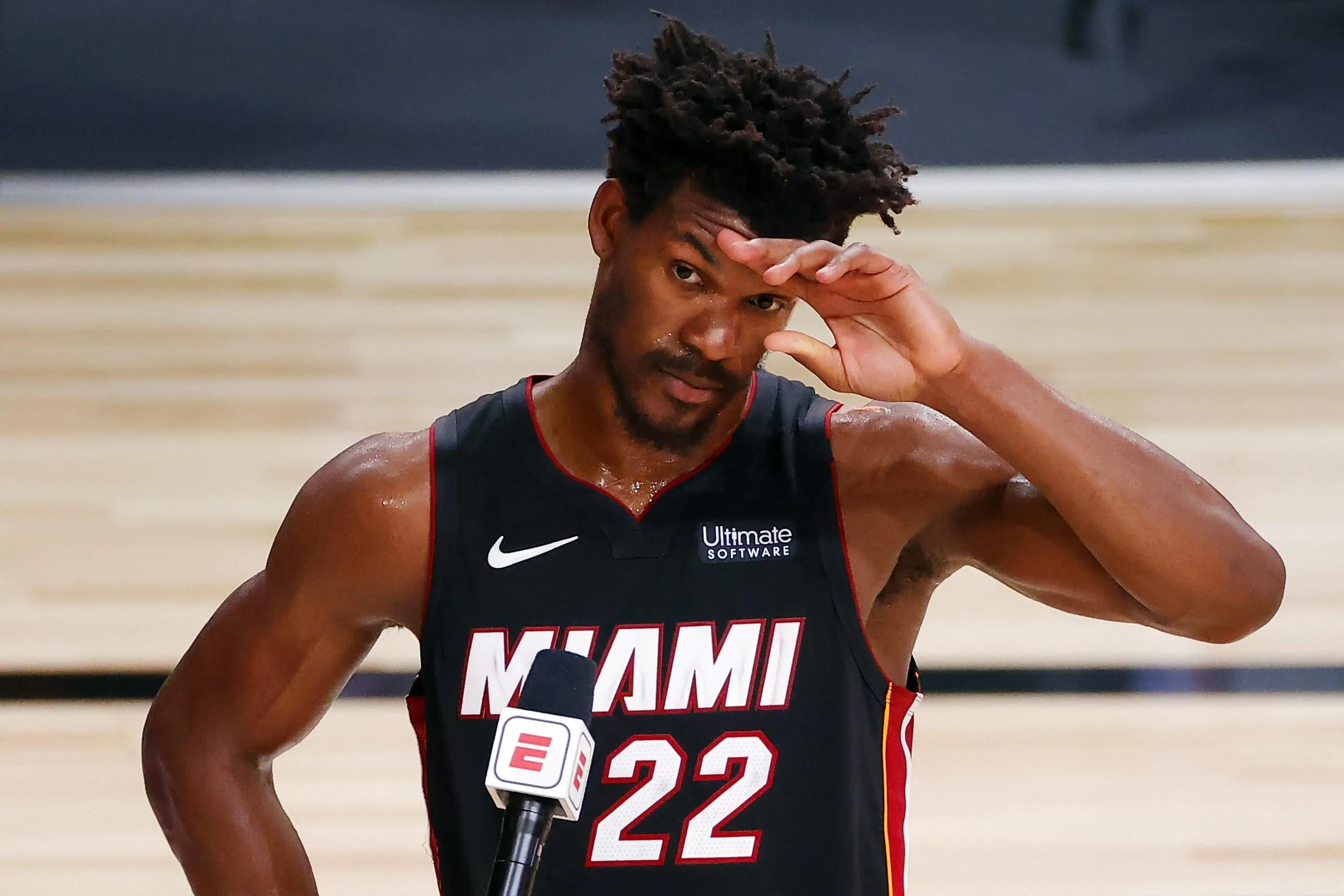
But Butler’s competitive fire often came with conflict. Known for challenging teammates, pushing coaches, and demanding accountability, Butler could create high-pressure environments that not every player could handle. This intensity, while sometimes translating into victories, also generated friction that became hard to ignore.
The Miami Heat Years: Talent vs. Drama
During his time with Miami, Butler helped the Heat reach the NBA Finals, showcasing his leadership and clutch performances. However, the period was also marked by suspensions, disagreements with teammates, and public controversies, which repeatedly drew headlines. While exact numbers of missed games vary, it is widely known that Butler’s disciplinary issues caused multiple absences, contributing to locker room tension and making team management more challenging.
Goran Dragic, who shared the locker room with Butler for several seasons, recently described the situation as “messed-up”, emphasizing that the drama affected everyone in the organization. According to Dragic, Butler’s actions didn’t just impact himself — they influenced how the team prepared, trained, and competed.
Dragic’s Perspective: “It Didn’t Help Nobody”
On a recent podcast, Dragic reflected on the impact of Butler’s tenure: “It didn’t help nobody. It didn’t help Jimmy, it didn’t help the team.” This blunt assessment underscores a crucial point: even elite talent cannot compensate for persistent distractions and tension.
Dragic went further, explaining that a calm, focused locker room is essential for peak performance. He highlighted that without constant drama, both coaches and players can focus on strategy, preparation, and execution, improving the team’s overall performance.
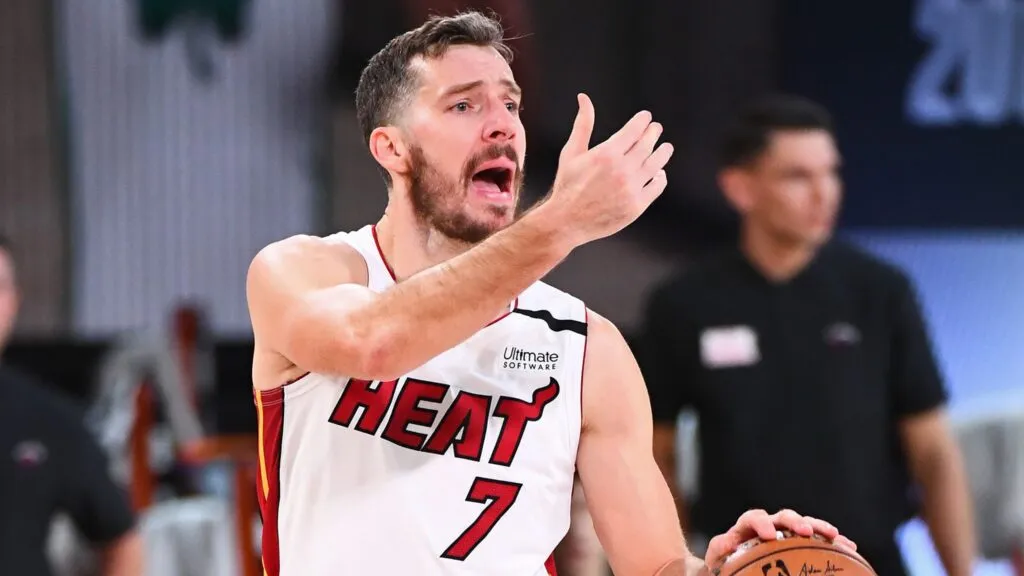
The Heat’s Rebuilding Phase
With Butler no longer a focal point of the team, the Miami Heat have shifted focus toward youth development and team cohesion. Players like Bam Adebayo and Tyler Herro are expected to take on larger roles, while coach Erik Spoelstra emphasizes a more calm, structured environment.
-
Bam Adebayo is poised to become the team’s dominant presence in the paint, shouldering responsibilities that Butler once carried.
-
Tyler Herro has the opportunity to emerge as a primary scorer, finally living up to his potential as a go-to offensive threat.
-
The team’s younger roster, free from excessive drama, can focus on execution and growth, essential in a highly competitive Eastern Conference.
Jimmy Butler’s Career Trajectory
Since leaving Miami, Butler has continued to prove his on-court excellence. While he remains a player capable of leading teams deep into the playoffs, his legacy is now complicated by the Miami chapter, which serves as a reminder that skill alone doesn’t define success — chemistry and leadership matter just as much.
Butler’s career illustrates a recurring theme: he excels in situations that demand competitive fire, yet struggles when that fire clashes with team cohesion. This balance between talent and temperament has defined his journey across multiple franchises.
What Miami Heat Fans Should Expect
For fans, Butler’s departure represents a fresh start. While losing a player of his caliber is significant, the team now has an opportunity to build chemistry, develop young talent, and compete without distraction.
The key questions for the Heat are:
-
Can Bam Adebayo become the team’s cornerstone, balancing leadership with consistency?
-
Will Tyler Herro step up as a primary offensive option, taking the pressure off veterans and filling the scoring void left by Butler?
-
Can the Heat cultivate a stable locker room environment that maximizes performance?
With the Eastern Conference wide open, Miami’s young roster could exceed expectations — but only if the lessons from Butler’s tenure are applied wisely.
Lessons from Butler’s Miami Drama
Jimmy Butler’s time in Miami is a case study in the complexity of managing elite talent. His presence demonstrated that:
-
High-level talent is invaluable, but not sufficient to guarantee harmony or success.
-
Locker room culture directly influences preparation, performance, and team morale.
-
Leadership requires balance — intensity must coexist with collaboration.
For coaches, players, and front offices, Butler’s Miami years offer a cautionary tale: a star player can lift a team, but unchecked drama can undermine everything.
The Road Ahead for the Miami Heat
As the Heat move forward, the focus is clear: team-first mentality, young talent development, and strategic preparation. If executed properly, this approach could allow Miami to compete for deep playoff runs without the disruption seen during Butler’s tenure.
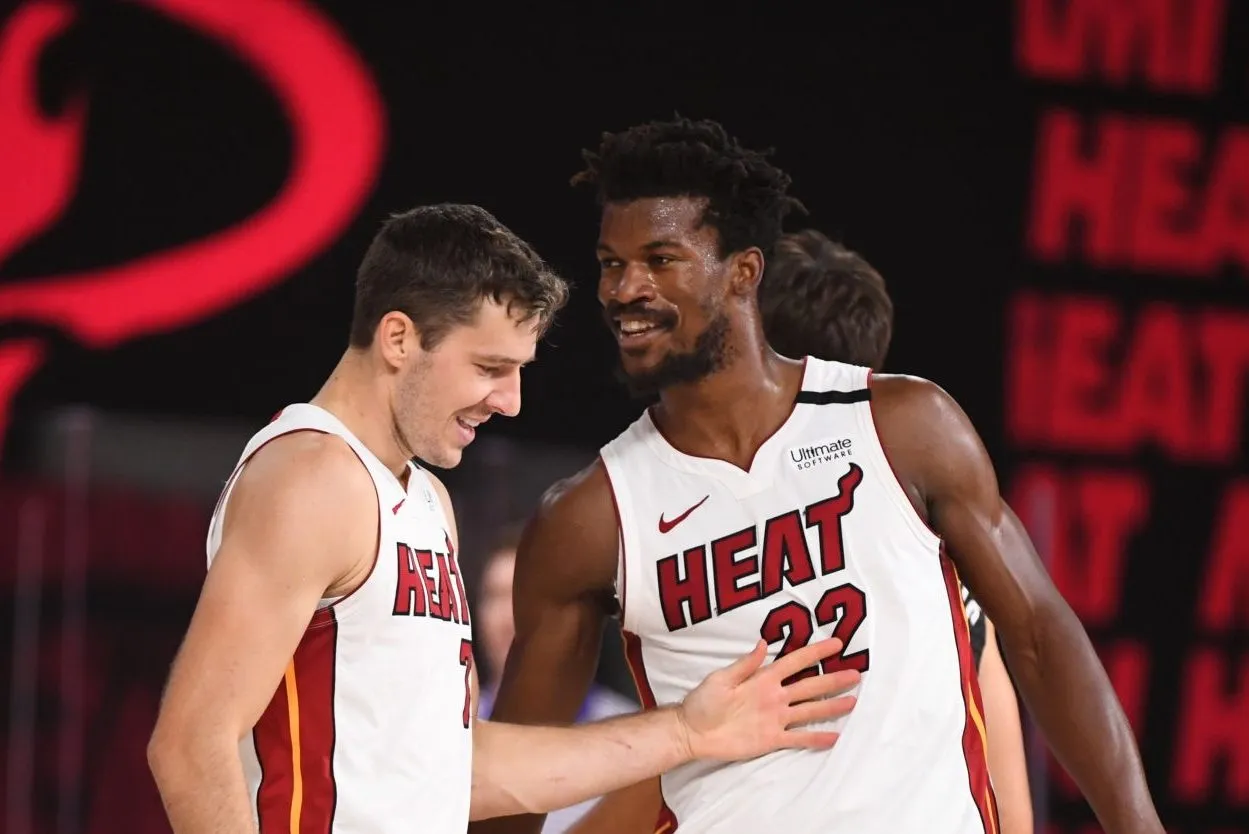
Fans are hopeful that the lessons learned from past drama will translate into consistency, resilience, and success, creating a team capable of contending in a league where discipline and chemistry are as critical as talent.
Final Thoughts
Jimmy Butler’s Miami chapter will always be remembered as a period of great highs and complicated lows. His talent and competitive spirit were undeniable, but so was the impact of off-court tension.
Today, as Butler continues his career and the Heat embrace a new era, the story serves as a reminder: in professional sports, chemistry and leadership often matter as much as skill. For Miami, the future is about growth, focus, and the hope that calmness on and off the court will lead to sustained success.








